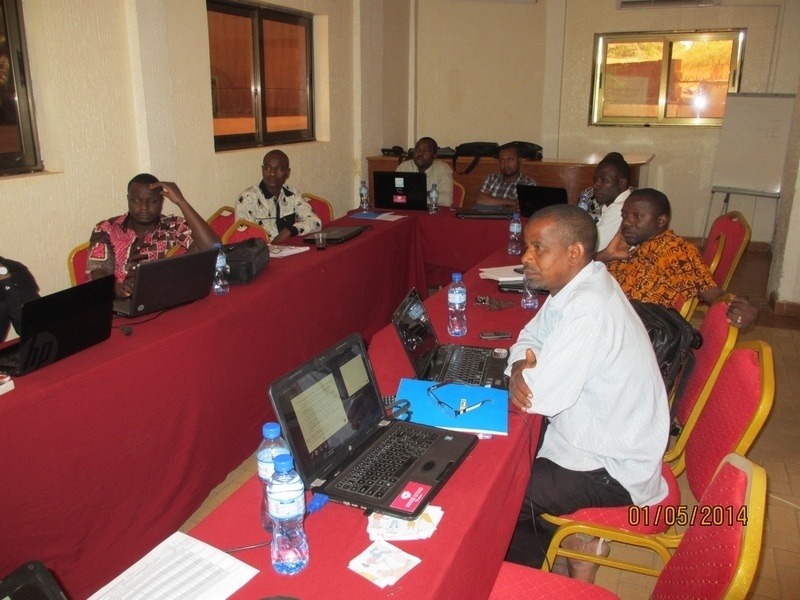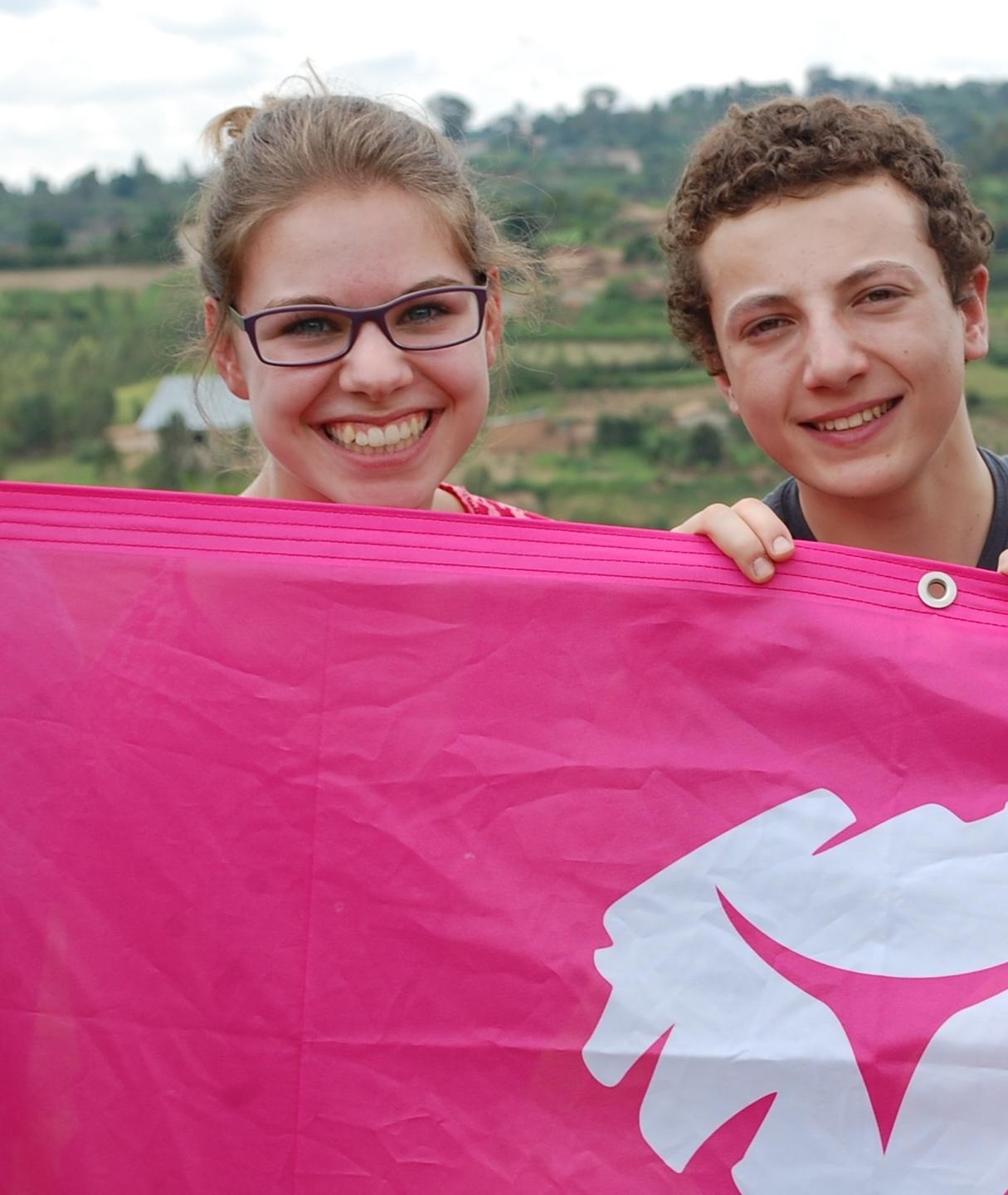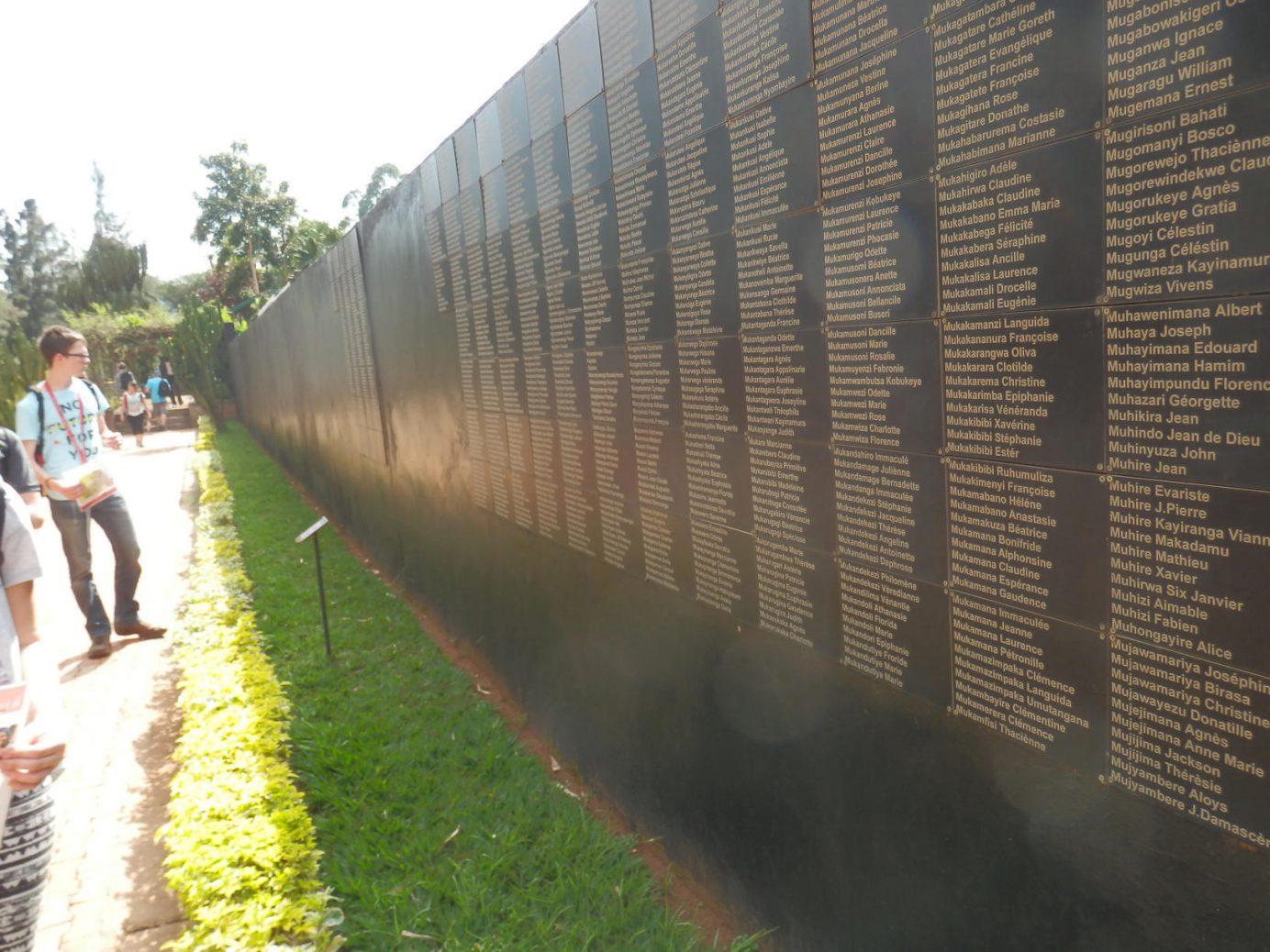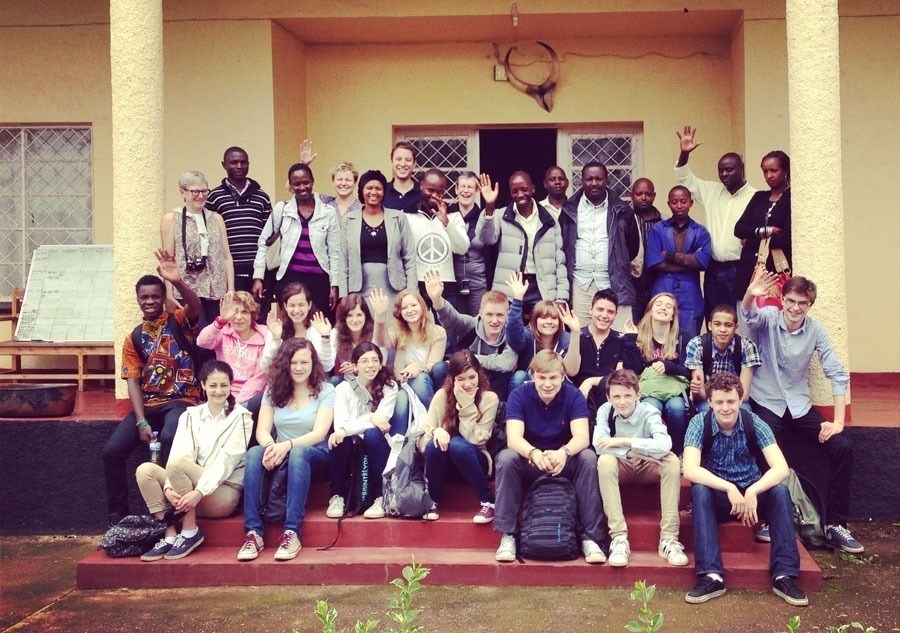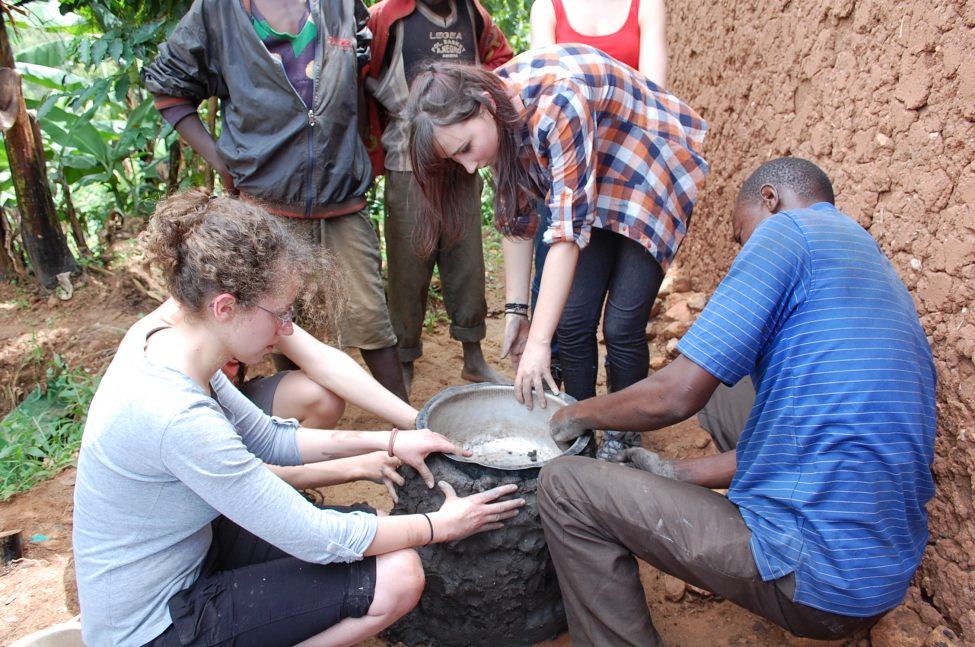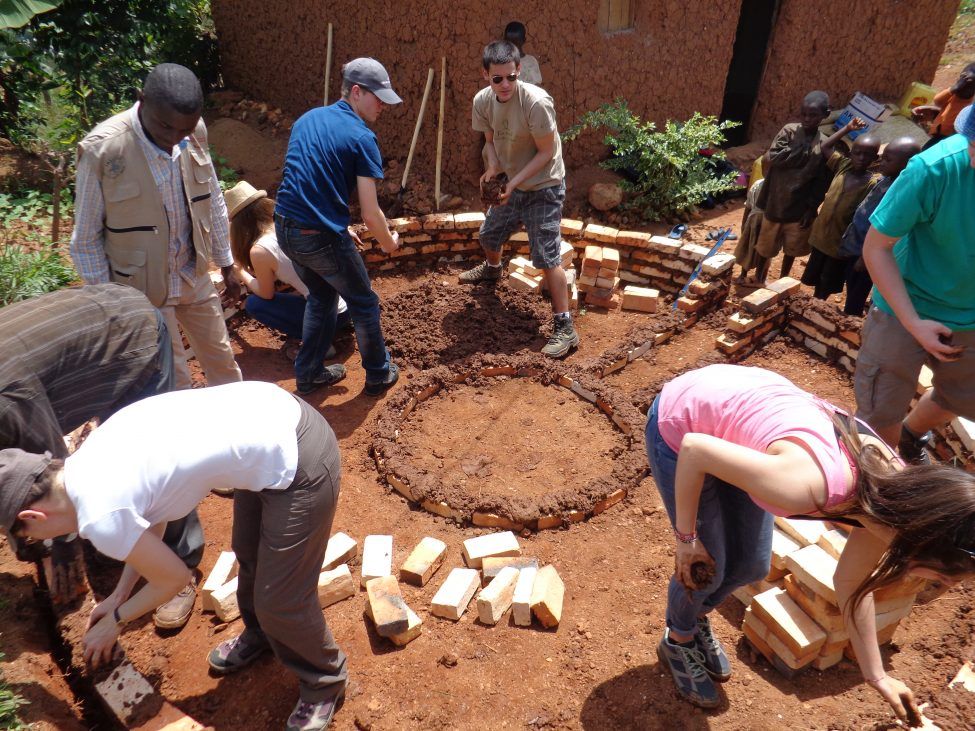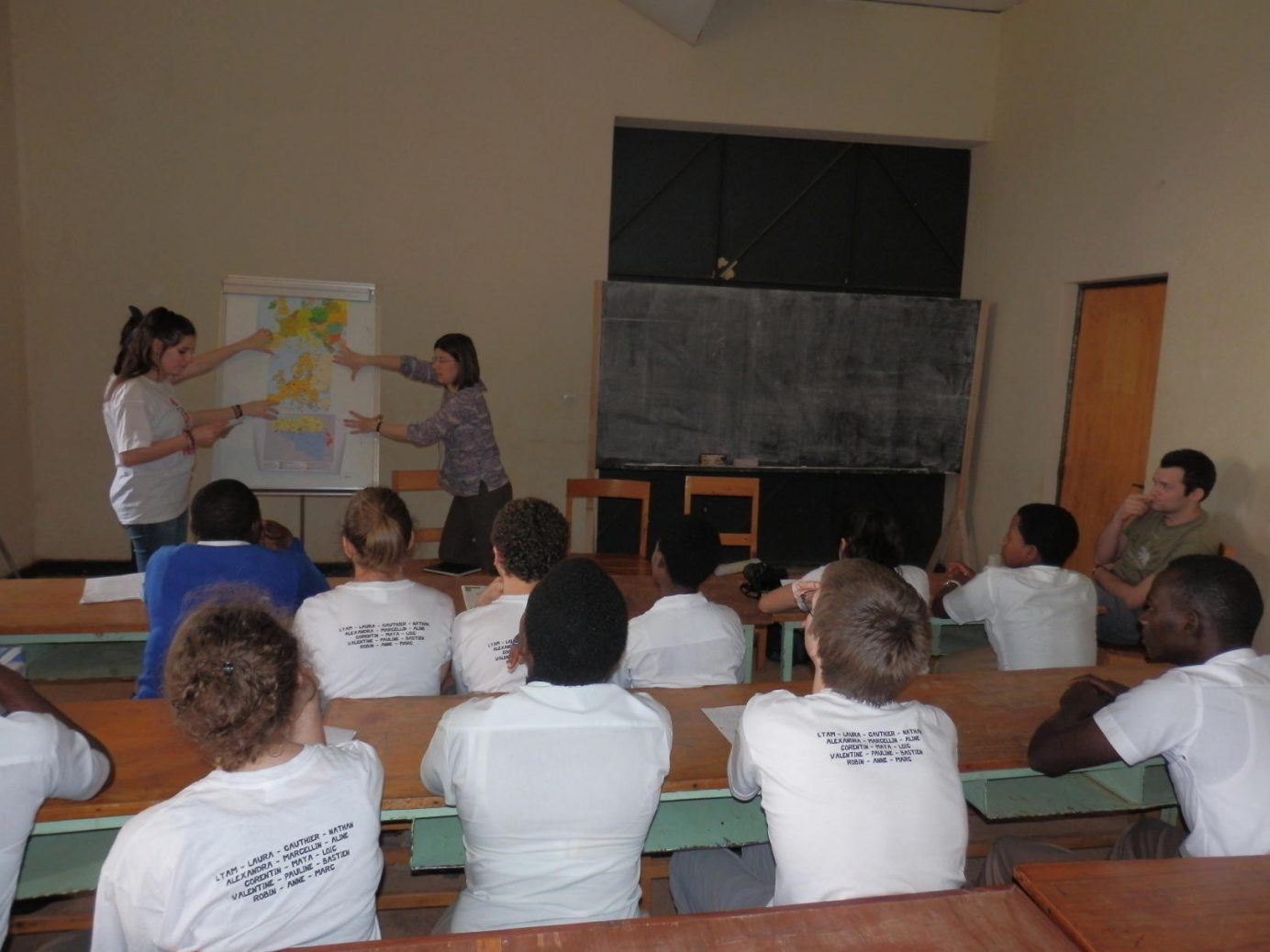Through funding by the Humanitarian Innovation Fund, Vétérinaires Sans Frontières Belgium is developing a tool to monitor zootechnical performances in Sub-Saharan countries. The tool is called the “Zootechnical Analysis Kit”. Earlier this month it was tested, for the second time, this time in Niger. But how did it go?
ZAK: first test in Burkina Faso a success
Through funding by the Humanitarian Innovation Fund, Vétérinaires Sans Frontières Belgium is developing a tool to monitor zootechnical performances in Sub-Saharan countries. The tool is called the “Zootechnical Analysis Kit”. ZAK has now been tested for the first time, with success.
ZAK is almost fit for service
Through funding by the Humanitarian Innovation Fund, Vétérinaires Sans Frontières Belgium is developing a tool to monitor zootechnical performances in Sub-Saharan countries. The tool is called the “Zootechnical Analysis Kit”. And things are moving forward…
ZAK: an update from the software developer
Through funding by the Humanitarian Innovation Fund, Vétérinaires Sans Frontières Belgium is developing a tool to monitor zootechnical performances in Sub-Saharan countries. Today, software developer Guy Detienne shows you ZAK’s most recent layout.
“This journey changed us”
Move with Africa is an action meant for the young. Interculturality, world citizenship, north-south relations; these are the themes that the action initiated by Belgian newspaper La Libre Belgique takes on, in partnership with ten development cooperation actors, the Belgian ministry of Development Cooperation, and the ministry of Education of the Wallonia-Brussels Federation. Within the scope of this project, Pauline describes her stay in Rwanda with Vétérinaires Sans Frontières Belgium.
“An experience that leaves food for thought”
After having slept a little longer than usual, with great cheer among the majority of us, we lunch quietly in Kigali before a debriefing. The general opinion is that all seems almost perfect. Martin, who works for Vétérinaires Sans Frontières Belgium, learned some French expressions that he is fond of using…
Last day in Butare
After buckling our bags (yes, it is already the last day in Butare), we take the road for Nyanza where the group separates once again. We follow a veterinarian who goes by the name of Félicien whilst the others will provide assistance on a deworming campaign. Félicien, his large white coat, and material, embark on his motorbike. We leave to assist and even take part in the various care given: internal deworming, gestation diagnoses, and dehorning. Not bad, eh?
Constructing an improved oven
The traditional morning omelets were served quickly; have the Rwandans become accustomed to our pace? In any case, we begin to adapt to their way of doing things. The groups of the previous day were reformed and traded work places. It is thus towards Nyanza that we embarked on our delicious picnic in order to help the beneficiaries of Vétérinaires Sans Frontières Belgium to construct an improved oven.
Building a kitchen garden
Seated in the shade of a banana tree at the terrace of our hotel, Corentin and I (Lyam) would like to take a few minutes to tell you about our adventures this day. We left around 8:30 in the morning, once our picnic was safely loaded into the 4×4.
Meeting the agronomy and veterinary students of Kabutare
A new day begins for us at 7:00 am. A little school excursion! Nothing is better than a good omelet before we pile into the jeeps. We’re full of energy, which will be necessary as we’re about to face the perilous and rocky roads of Africa.

